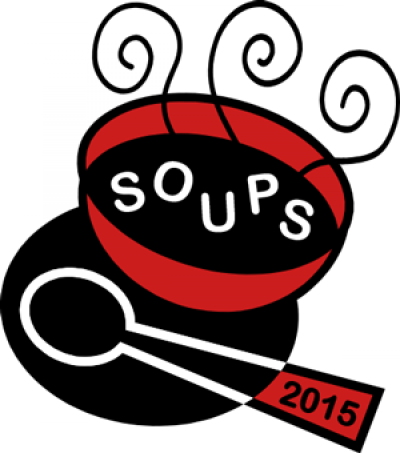HCII, Heinz Researchers Win SOUPS Privacy Award

Chances are you use the Internet nearly every day. But what do you really know about how the Internet works? And how does that knowledge affect your decisions about privacy and security? A team of researchers from the HCII and Carnegie Mellon's Heinz College won the Privacy Award at the recent Symposium on Usable Privacy and Security (SOUPS) for research that asks just those questions.
The paper, "'My Data Just Goes Everywhere'": User Mental Models of the Internet and Implications for Privacy and Security," was authored by HCII Ph.D. student Ruogu Kang; Laura Dabbish, associate professor with appointments in both the HCII and Heinz College; HCII undergraduate student Nathaniel Fruchter; and Hillman Professor of Computer Science and Human-Computer Interaction Sara Kiesler. Their work compared what people do and do not know about the Internet to how that knowledge impacts their responses to privacy and security concerns. While the assumption might be that the more technical knowledge a person has, the more security-savvy they are, the team's results showed no direct relationship between a user's technical background and the actions they took to control privacy and security. Instead, personal context and experiences — such as feeling they had nothing to hide or environmental cues like a security emblem or famous company name — played a key role.
"Our work suggests a need for more research into privacy protections that reduce the responsibility on users to understand how the Internet works and to make myriads of privacy protection decisions based on their technical knowledge," the study concluded.
SOUPS annually brings together an interdisciplinary group of researchers and practitioners in human computer interaction, security and privacy. The Privacy Award recognizes the symposium's paper with the most practical application in the field of privacy.
Read the full paper, or learn more about their research in an article by the International Association of Privacy Professionals

